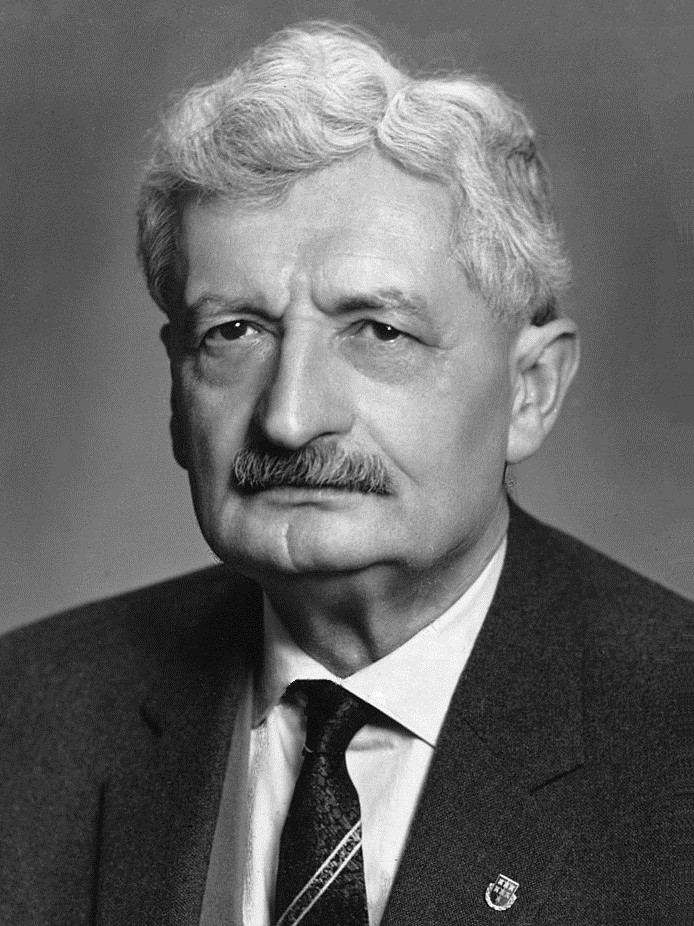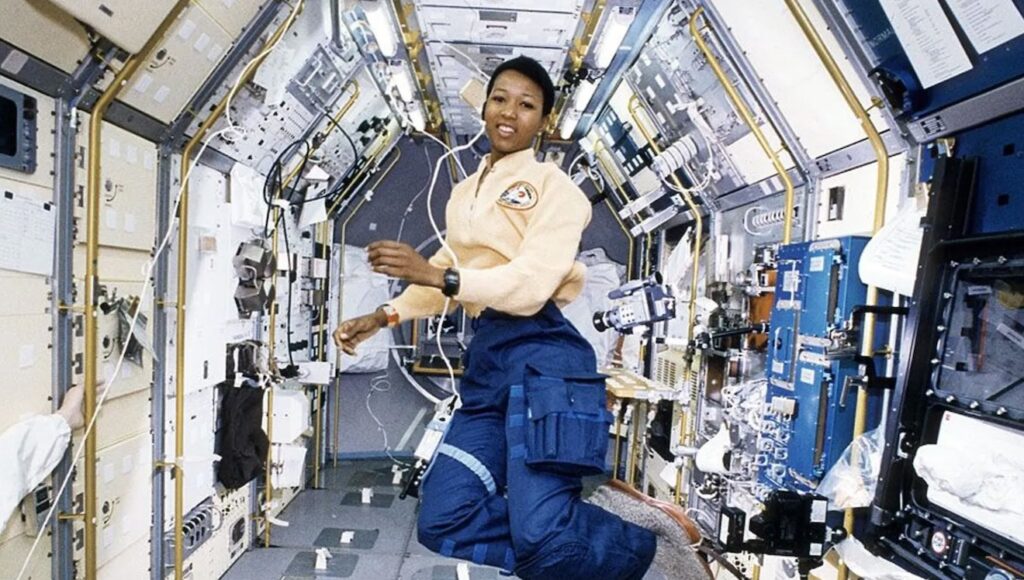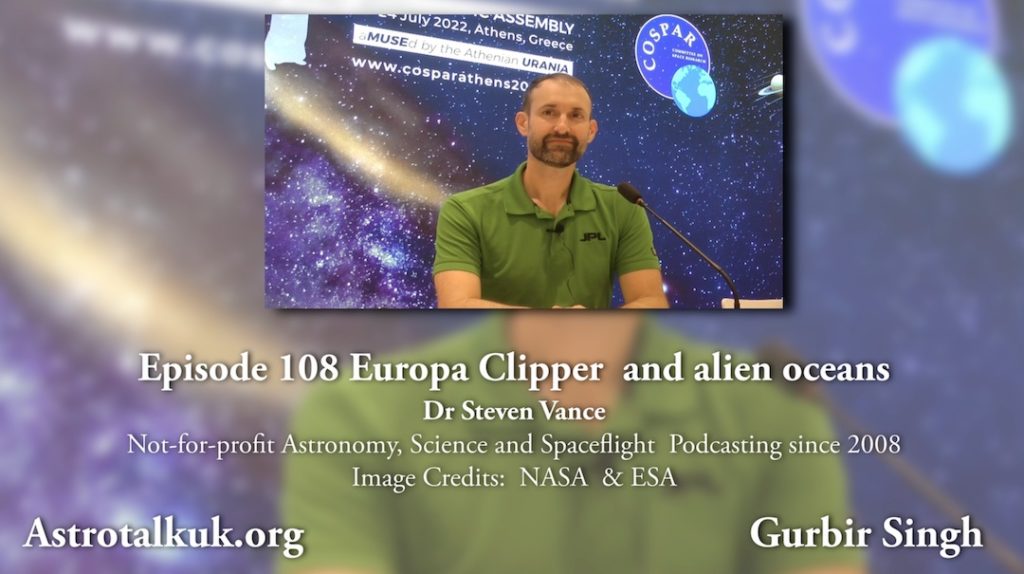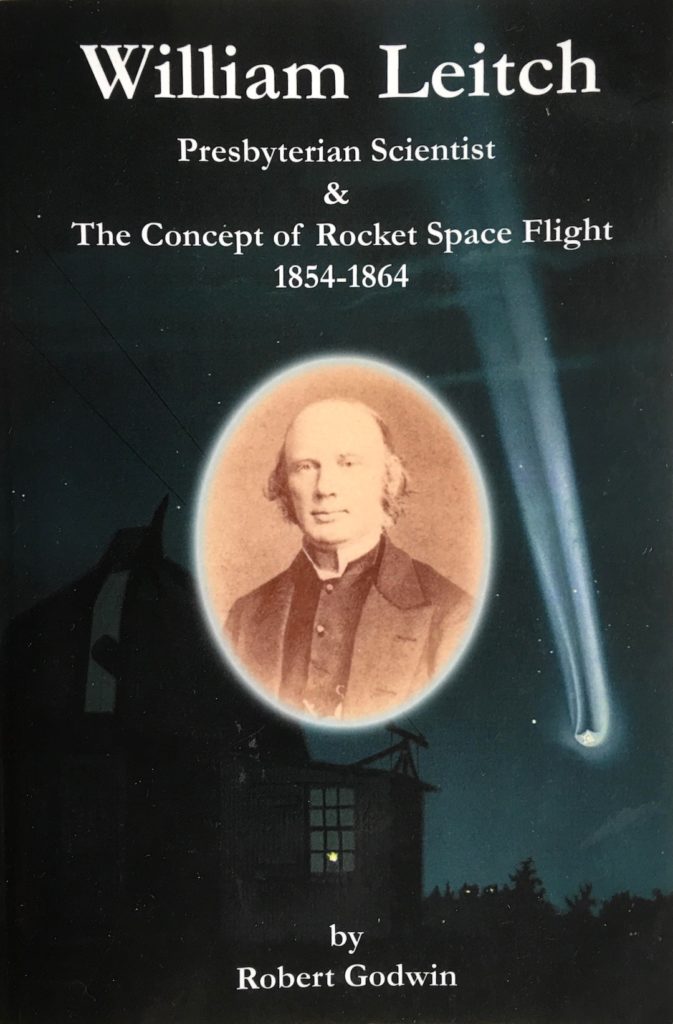
The idea of using rockets for transport had been well-established before the first flights of heavier-than-air aeroplanes in 1903. When it comes to turning that idea into reality, three names are considered as fathers of rocketry: Konstantin Tsiolkovsky, Robert Goddard and Hermann Oberth.
For this episode, I visited the Hermann Oberth Space Travel Museum in the German Town of Feucht, near Nuremberg and spoke with its director, Karl-Heinz Rohrwild. A summary of the interview is below, along with some pictures from the museum.
The museum is run entirely by volunteers in the interest of science. The exhibits on display are a tiny fraction of the total. Museum expansion was planned for the 100th anniversary of the publication of his second book in 1929, with plans to make many of the documents available online.I found Karl-Heinz very helpful, opening the museum for my visit during a public holiday. He and his colleagues extend that welcome to anyone wishing to visit. Contact details here.






Summary
- His father had been a surgeon. He wanted Hermann to have a career in Medicine.
- Brilliant at maths, but likely he was autistic at some level.
- Lost his brother Adolf in WW1 and became anit-war.
- Considered using a massive bomb delivered by rocket to destroy the senior people who decided to start and maintain the war.
- Wrote two key books in rocketry in the 1920s
- Fritz Lang, director of the early sci-fi Metropolis, followed by Frau im Mond. Oberth worked on that film as an advisor.
- 1929: Winner of the International Award for Astronautics (Robert Esnault-Pelterie-Hirsch-Award)
- Envisaged the use of solar energy in orbit and designed the first gyroscopes.
- Also envisaged a huge space-based mirror that would beam power down to Earth for terrestrial use.
- 1927 A member of the first and most successful space/rocketry society – Verien for Rsumshifffhart (Society of Space Travel)
- Oberth championed the use of rocket staging, liquid engine propulsion and the use of rocket engines in the near vicinity of space (not in the atmosphere)
- The RAF bombing raid on August 26, 1943, nearly killed both Oberth and Wernher von Braun, who were working there.
- Post WW2 interrogated by Theodore von Karman and it was decided Oberth was not taken to the USA. In part, Oberth did not want to go.
- 1951 was a tough year. He was making his living in part as a farmer.
Podcast: Play in new window | Download (Duration: 1:05:53 — 52.8MB) | Embed
Subscribe: Apple Podcasts | Spotify | RSS | More


